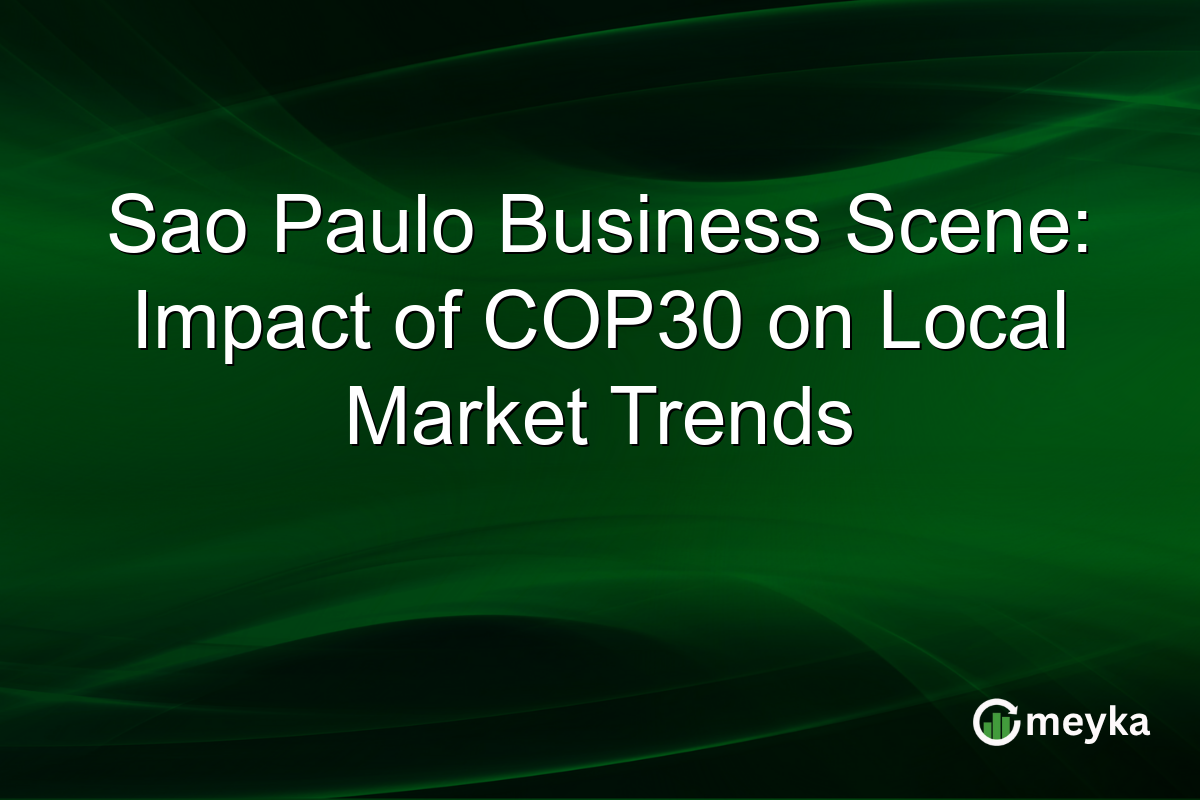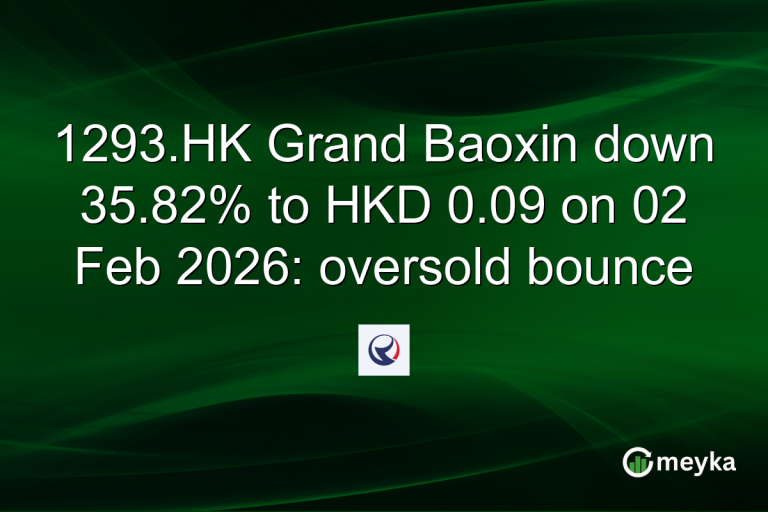Sao Paulo Business Scene: Impact of COP30 on Local Market Trends
In November 2025, Sao Paulo hosted the COP30 conference, a pivotal event focusing on climate change. This event has triggered shifts in the local business environment. Companies are adapting to rising operational costs and strategic relocations, reflecting broader trends in Brazil’s economy. As we examine these changes, it’s clear that investors need to navigate carefully in this evolving landscape.
Continue Reading on Meyka
This article is available in full on our main platform. Get access to complete analysis, stock insights, and more.
Read Full Article →





